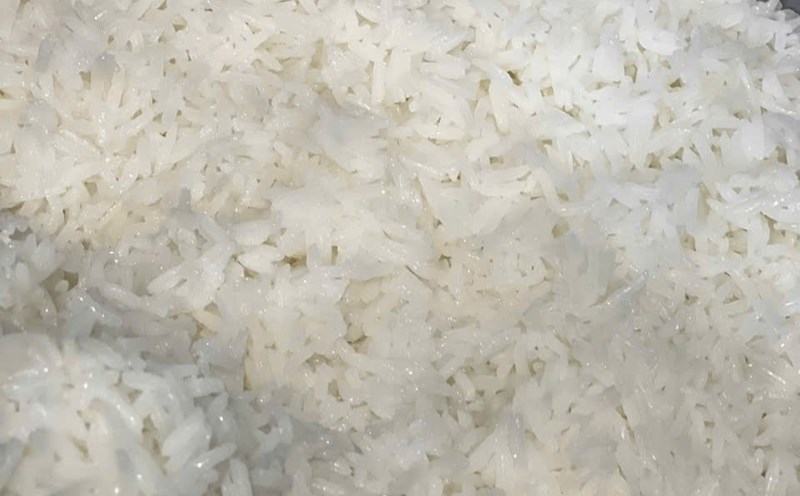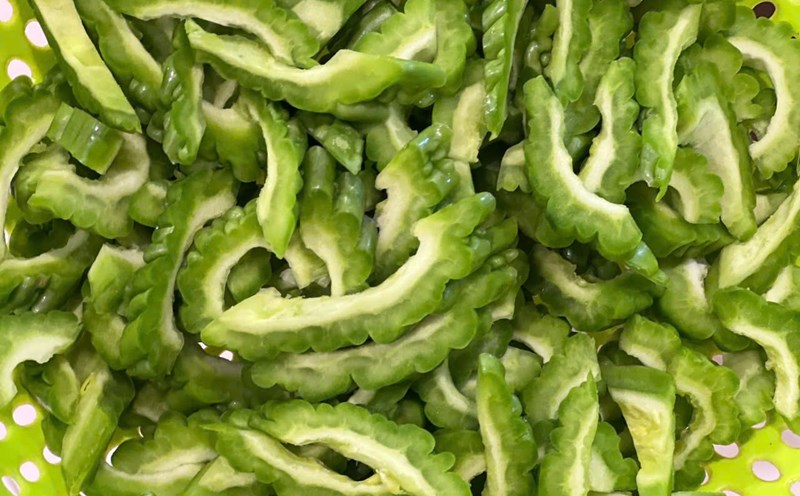Whole wheat oats
Oatmeal is one of the whole grains with a low glycemic index (GI), ranging from about 55 or lower, depending on how it is prepared.
The main ingredient that helps oats stabilize blood sugar is beta-glucan - a type of soluble fiber that forms a gel in the intestine, slowing down the absorption of glucose into the blood after meals.
According to the American Diabetes Association (ADA), consuming 5-10g of beta-glucan per day from oats helps reduce HbA1c and fasting blood sugar in type 2 diabetes patients.
The group of patients who ate oats twice a day for 8 weeks had an average reduction in blood sugar after eating by 18-23% compared to the control group.
Note: you should choose rolled or whole-grain oats, avoid eating them immediately because they are often refined and can have added sugar.
Beans (lentils, black beans, chickpeas)
Beans are a food source rich in fiber, plant protein, resistant starch - all of which help slow down the absorption of sugar, limiting glucose spikes after meals. In particular, beans have a very low GI, usually only 30-40.
A study from the British Journal of Nutrition followed a group of people with prediabetes who ate 100g of lentils per day for 6 weeks. The results showed that blood sugar after eating decreased by up to 33%, while improving insulin sensitivity.
The World Health Organization (WHO) also recommends: consuming 3-4 servings of beans per week helps reduce the risk of type 2 diabetes and improve blood lipids.
Giam gifts eaten with brown rice, mixed with salad, cooked in soups or stewed are all good for controlling blood sugar.
Avocado
Avocado is a rare fruit that is almost sugar-free and rich in monounsaturated fat (MUFA) - a group of fats that are beneficial for the heart and help regulate blood sugar.
Avocado also contains high fiber (nearly 7g/100g), which helps increase satiety and slow down the absorption of carbohydrates from other foods when eaten with it.
When adding half an avocado to lunch containing carbohydrates, the blood sugar level after eating is reduced by an average of 27% compared to the group who do not eat avocado. At the same time, avocados also help maintain insulin sensitivity and limit sudden increases in insulin after eating.
The American Heart Association (AHA) also recommends that avocado should be used instead of animal butter or trans fats to reduce the risk of metabolic disorders in people with diabetes.
Regularly adding these foods to your diet is not only suitable for people with diabetes but also very useful for people who are overweight, prediabetic or at risk of metabolic disorders.
Along with a reasonable lifestyle, making smart choices about foods is the "key" to maintaining long-term blood sugar health.











